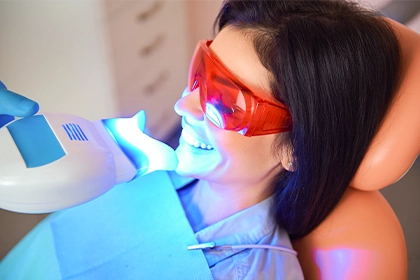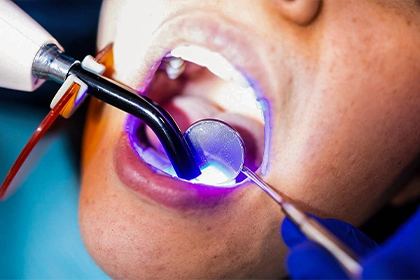
Home / Scaling and Polishing in Dubai
Scaling and Polishing Dubai
As a dentist, I often meet patients who are surprised to experience bad breath, stains on their teeth, or bleeding gums even though they brush and floss daily. The truth is, plaque and tartar can build up in hard-to-reach areas of the mouth, and no matter how well you brush, only a professional cleaning can fully remove them.
Scaling and polishing is a simple, effective treatment that not only gives you cleaner teeth and a brighter smile, but also helps prevent gum disease and hidden tooth decay. It’s quick, painless, and often completed in a single session.
At Serenity Clinic, we use the latest technology and gentle techniques to ensure your cleaning experience is thorough and comfortable. If it’s been a while since your last dental cleaning or if your mouth just doesn’t feel as fresh as it should we warmly invite you to book a free consultation today.
What Is Scaling and Polishing?
Scaling and polishing is a professional dental cleaning procedure that removes hardened plaque (tartar), surface stains, and bacteria from your teeth and gums. While brushing and flossing help maintain daily hygiene, only scaling can effectively clean areas below the gumline and between tight spaces. Polishing follows scaling to smooth the enamel and restore a clean, shiny finish leaving your smile healthier, brighter, and more protected against gum disease and decay.
Benefits of Scaling and Polishing
- Removes stubborn plaque and tartar that regular brushing can’t eliminate.
- Prevents gum disease by cleaning under the gumline and reducing inflammation.
- Eliminates bad breath (halitosis) by removing bacteria buildup.
- Whitens your smile by polishing away surface stains and smoothing the enamel.
- Helps detect early dental issues like cracks, decay, or failing fillings.
- Boosts daily oral hygiene effectiveness with cleaner, smoother tooth surfaces.
- Prevents gum and bone recession by reducing bacterial load near roots.
- Increases self-confidence with a fresher, cleaner, more attractive smile.
- Saves you money long-term by avoiding more invasive, costly treatments.
- Supports overall health by reducing oral bacteria linked to heart disease and diabetes.

why should i scale and polish my teeth
Harmful bacteria that cause tooth decay and gum inflammation live in dental plaque and calculus, which accumulate around teeth and under the gums. While proper brushing and flossing can remove plaque, some plaque is inevitably left behind and hardens to form calculus, which can only be removed with professional dental cleaning.
A basic scaling and polishing will remove plaque, calculus, and stains to restore your bright and fresh smile. This process also allows us to better examine your teeth for subtle problems like leaky fillings or cracks that may need our attention. If done regularly as recommended, this gentle procedure only takes minutes but is essential for maintaining your dental health.
How frequent should I have my teeth scaling and polishing done?
The frequency of dental visits depends on individual oral health and lifestyle factors, which vary for each person. As a general guideline, we recommend scheduling visits every six months unless advised otherwise by your dentist.
Some of the reasons that could require more frequent professional cleaning include:
- Smoking
- Diabetes
- Tea/Coffee/Wine staining
- History of gum disease or decay
- Bad breath
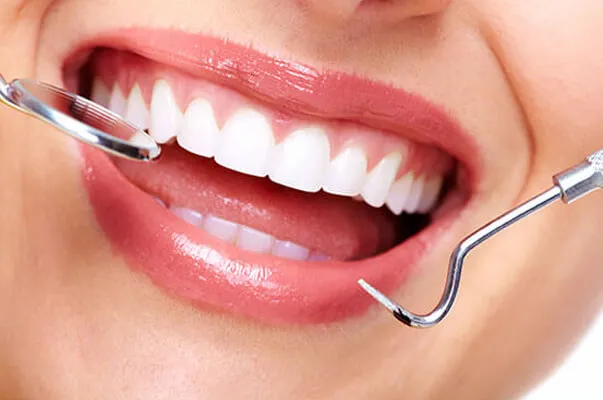
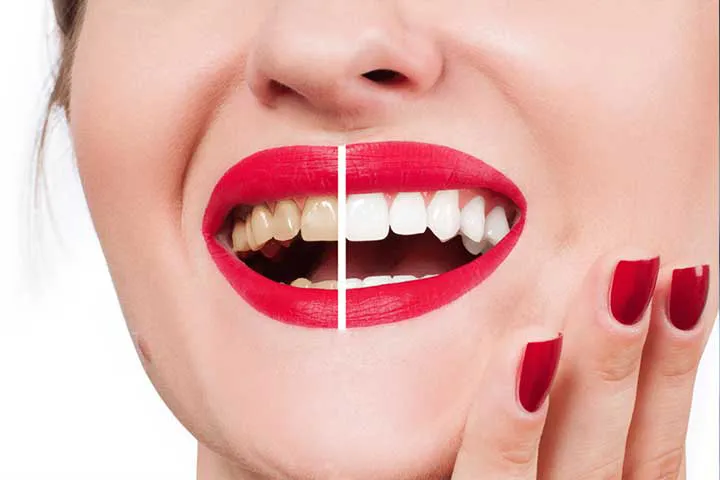
Do I have to get scaling and polishing done if I have been brushing and cleaning them well?
Yes! Even dentists have to get scaling and polishing dubai done regularly.
There are simply too many hard to access crevices that plaque can accumulate in before we can remove them by brushing and flossing. Once plaque hardens to form tartar, brushing and flossing will be ineffective at removing them and scaling will be required.
However, thorough brushing and cleaning habits will allow us to complete the scaling and polishing dubai treatment in a shorter time.
Is scaling and polishing painful?
If done regularly, scaling and polishing dubai is supposed to have minimum discomfort. Most people find it painless.
Sometimes, stubborn and deep tartar, sore gums or exposed sensitive surfaces of the teeth can result in pain. If it does get unbearable, local anesthetic can be requested. Depending on the situation, we may even recommend that the cleaning be done over several visits.
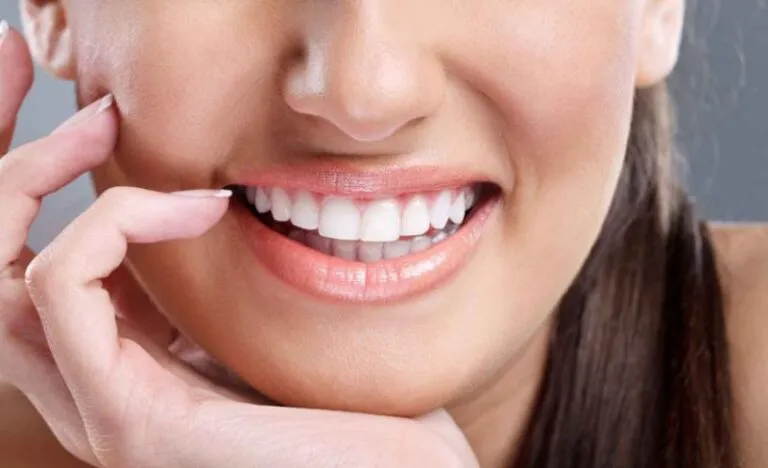
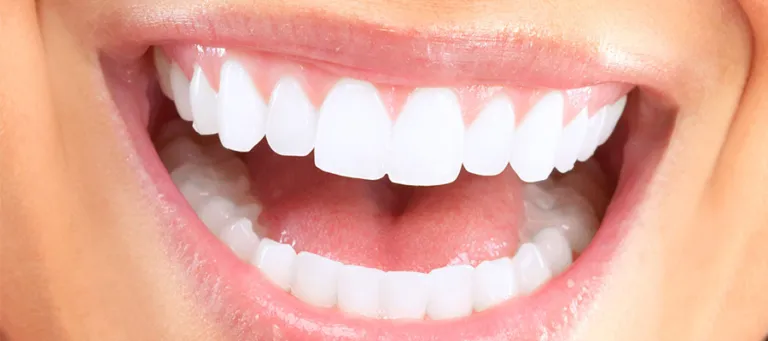
Does scaling and polishing remove stains?
Usually done after scaling, polishing removes surface stains while making your teeth smooth and shiny.
Does scaling and polishing remove stains?
Usually done after scaling, polishing removes surface stains while making your teeth smooth and shiny.
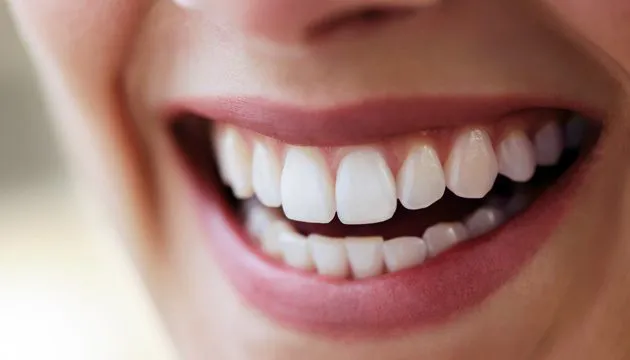

Can I remove tartar myself?
While you may be wondering how to remove tartar from your teeth without a dentist, it is best to seek help from a dental professional for a clean and accurate job! Once plaque hardens into tartar, a toothbrush can’t remove it.
Why can only a dentist remove tartar?
Tartar, also called dental calculus, is a yellow or brown colored deposit that forms when plaque hardens on your teeth. Because tartar buildup on teeth is strongly bonded to the tooth enamel, it can only be removed by a dental professional.
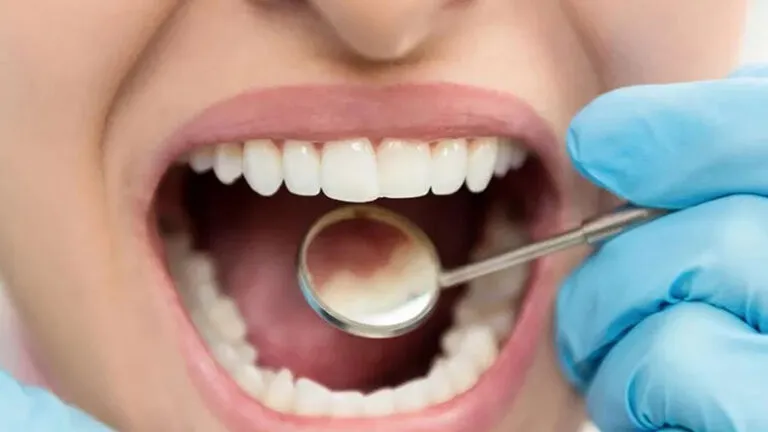
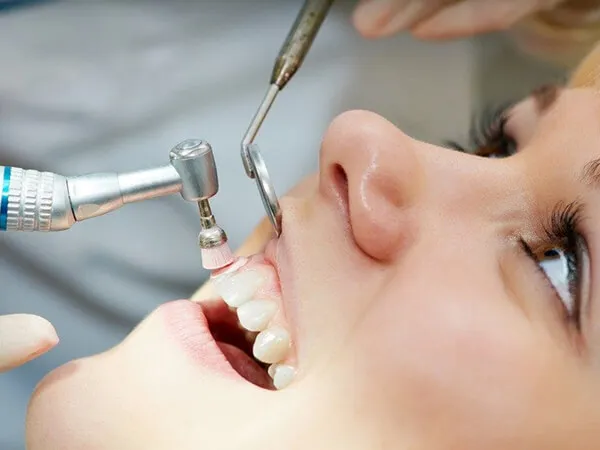
teeth cleaning
Teeth cleaning Dubai is a part of oral hygiene that removes plaques from the tooth surface and prevents tooth decay, gingivitis and diseases around the teeth.
People routinely clean their teeth and the space between them by brushing, and oral hygiene removes the deposits that have settled on the surface of the teeth and have not been removed by brushing.
Teeth cleaning dubai (prophylaxis) by oral and dental hygiene causes the destruction of yellow deposits or plaques on the teeth, which are formed even if the teeth are cleaned regularly and carefully because there are areas in the mouth that are difficult to access. . Different tools are used for this.
Most dental hygienists believe that teeth should be cleaned at least once or twice a year. It is possible that the frequency of teeth cleaning dubai needs to increase due to the treatment of oral diseases or oral problems, but routinely, once a year is enough. This can only be done once every few years if it is done by dental X-ray. Between each visit to clean the teeth, observing general oral and dental hygiene will reduce caries and plaques.
Our Expert Medical Team in Dubai
At Serenity Clinic, our expert doctors are passionate about creating safe, natural-looking results. You’re in trusted hands every step of the way.


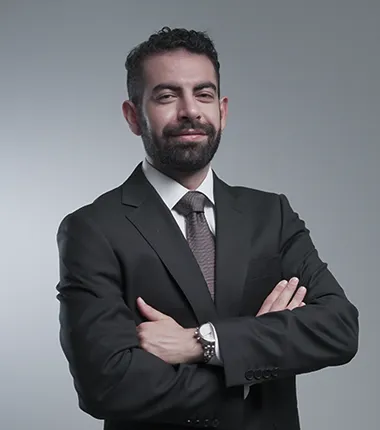

Related Articles: Dental Treatment

How to clean Invisalign or invisible orthodontics
Serenity is a beauty clinic Dubai that provides professional Invisalign...

What is Hollywood Smile?
Hollywood smile is an aesthetic dental treatment that aims to...

Teeth whitening and bleaching
Bleaching or teeth whitening dubai is one of the general...
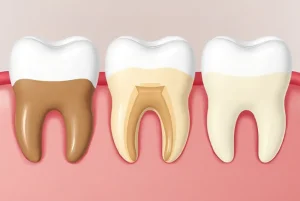
Getting to know the types of stains and discoloration of teeth
We all want to have bright white teeth for a...








